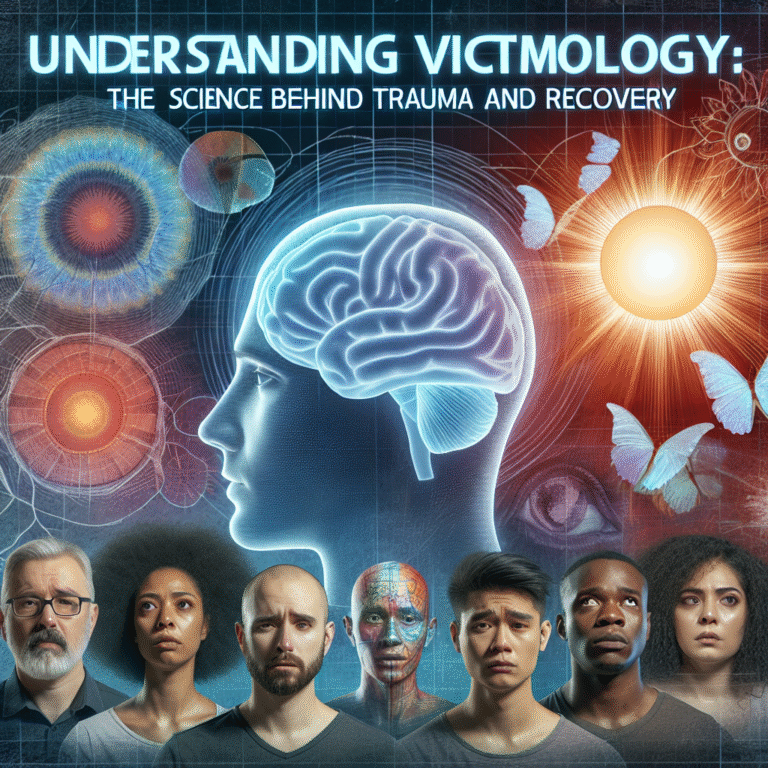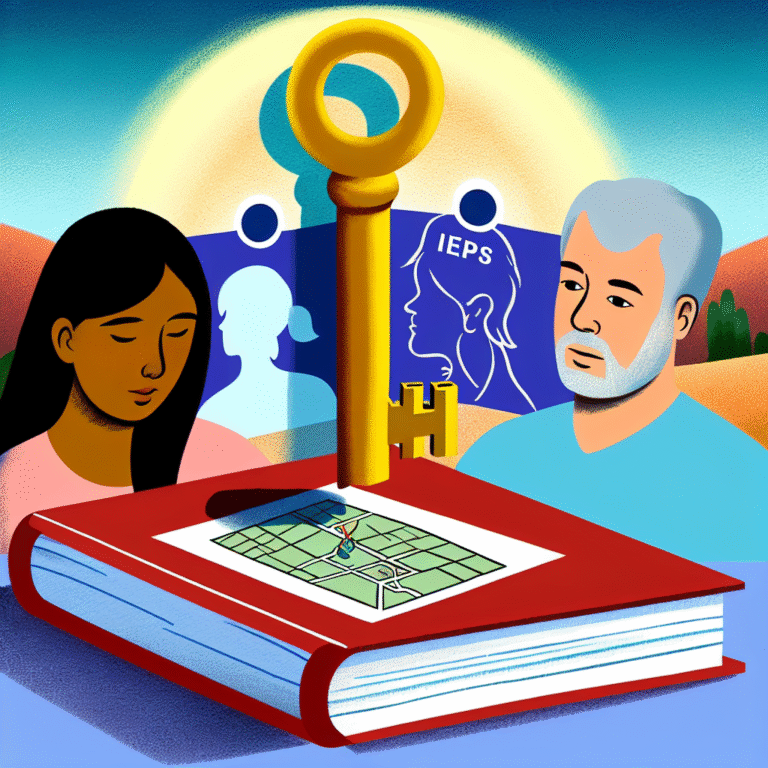
Introduction
In today’s rapidly changing world, the phenomenon of radicalization poses a daunting challenge. With global conflicts, political divides, and social unrest becoming increasingly prevalent, understanding how individuals transition from mere belief to taking action is crucial. The journey of radicalization is not merely a series of events; it is a profound psychological transformation. This article, Radicalization: The Psychological Journey from Belief to Action, unveils the intricate pathways that lead individuals down this often dangerous route, drawing from real-world case studies and scientific research to provide insights into this complex process.
Understanding Radicalization
What is Radicalization?
Radicalization can be defined as the process by which individuals come to adopt extreme political, social, or religious ideologies. This process often culminates in taking action that may involve violence. Understanding the motivations and factors that contribute to radicalization is essential for prevention and intervention strategies.
The Stages of Radicalization
Radicalization is typically viewed as a multi-stage process that can be categorized into several key phases:
Pre-Radicalization: This stage involves the individual existing within a broader social context, often feeling marginalized or disconnected.
Self-Identification: The individual begins to identify with specific ideologies or groups that resonate with their feelings of grievance or dissatisfaction.
Indoctrination: Exposure to extremist narratives solidifies the individual’s beliefs, often through influential figures or peer groups.
- Action: The final stage where the radicalized individual takes action, which can range from participation in activism to engaging in violent extremism.
Psychological Factors Influencing Radicalization
Understanding the psychological drivers behind radicalization is vital. Here are some key factors:
- Identity Crisis: Individuals who struggle with their identity may seek belonging in extremist groups.
- Perceived Injustice: A strong sense of grievance can propel individuals toward extremist ideologies.
- Cognitive Dissonance: The discomfort from holding conflicting beliefs can lead individuals to embrace radical ideologies for resolution.
- Social Influence: Peer pressure and the desire for acceptance can be powerful motivators in the radicalization process.
Case Studies: Real-World Applications
Case Study 1: The Ideological Shift
Take the example of John, a young man from a quiet suburban town who became involved with an extremist group. Initially, John was drawn to the group’s community and sense of purpose. However, over time, he began to adopt their ideologies, illustrating the psychological journey from belief to action.
Analysis: John’s case exemplifies how a need for belonging can serve as a gateway to radicalization, reinforcing the importance of social networks in this process.
Case Study 2: The Role of Online Communities
In another instance, a teenager named Sarah found solace in online forums that expressed radical viewpoints. Her gradual engagement led her to reject her previous beliefs, culminating in her involvement with a local extremist cell.
Analysis: Sarah’s story underscores the role of digital spaces in facilitating radicalization, highlighting the significance of online communities in shaping beliefs and actions.
The Impact of Environment
Social and Political Contexts
Radicalization does not occur in a vacuum. The social and political environment significantly influences the radicalization process. Factors such as:
- Conflict Zones: Individuals in areas of conflict are often more susceptible to radicalization due to exposure to violence and extremist narratives.
- Political Instability: Governments that fail to address grievances can create fertile ground for radical ideologies to thrive.
The Influence of Media
Media portrayal of conflicts can shape public perception and understanding, either mitigating or fueling radical sentiments. The way narratives are framed plays a crucial role in shaping beliefs, making media a powerful influencer in the radicalization process.
Prevention Strategies
Education and Community Engagement
One of the most effective strategies for countering radicalization is education. Community programs that address grievances and foster dialogue can build resilience against extremist narratives.
Psychological Interventions
Providing psychological support to individuals at risk of radicalization, including counseling and mentorship, can help mitigate various psychological factors that lead to radical ideologies.
Policy Level Interventions
Governments must create policies that address the root causes of radicalization, including social inequality, lack of opportunity, and community division.
Conclusion
The journey of radicalization is a complex interplay of psychological, social, and environmental factors. Understanding these elements is critical in addressing the issue and preventing individuals from transitioning from belief to action. As we navigate the challenges of a rapidly changing world, fostering dialogue, understanding, and community engagement can be potent tools in countering the forces that push individuals toward extremism. By focusing on the psychological journey from belief to action, we can better equip ourselves and our communities to prevent radicalization and promote peace.
FAQs
1. What are the main factors that lead to radicalization?
- Factors include identity crises, perceived injustices, social influences, and exposure to extremist narratives.
2. How does social media contribute to radicalization?
- Social media can amplify extremist ideologies, providing platforms for radical groups to recruit and disseminate their beliefs widely.
3. Are there any effective prevention strategies?
- Yes, effective strategies include education, community engagement, and psychological interventions targeting at-risk individuals.
4. Can radicalization happen without direct violence?
- Absolutely. Radicalization encompasses a range of actions, from non-violent activism to violent extremism.
5. How can communities combat radicalization?
- Communities can combat radicalization by fostering dialogue, building resilience, and addressing grievances that lead individuals to seek radical ideologies.
This article serves not only as an exploration of Radicalization: The Psychological Journey from Belief to Action but also as a call to action, inspiring individuals and communities to understand and address the complexities of radicalization in a contemporary context.















